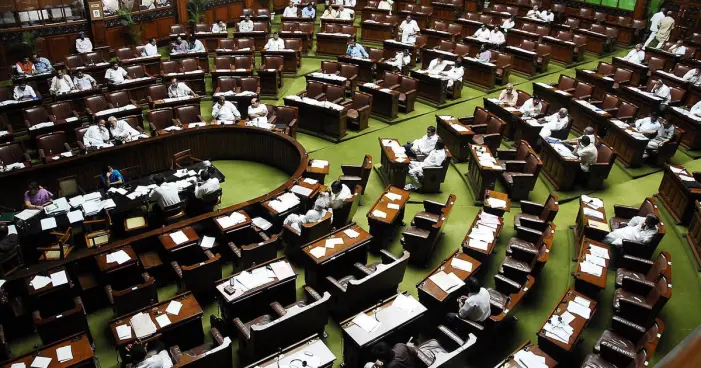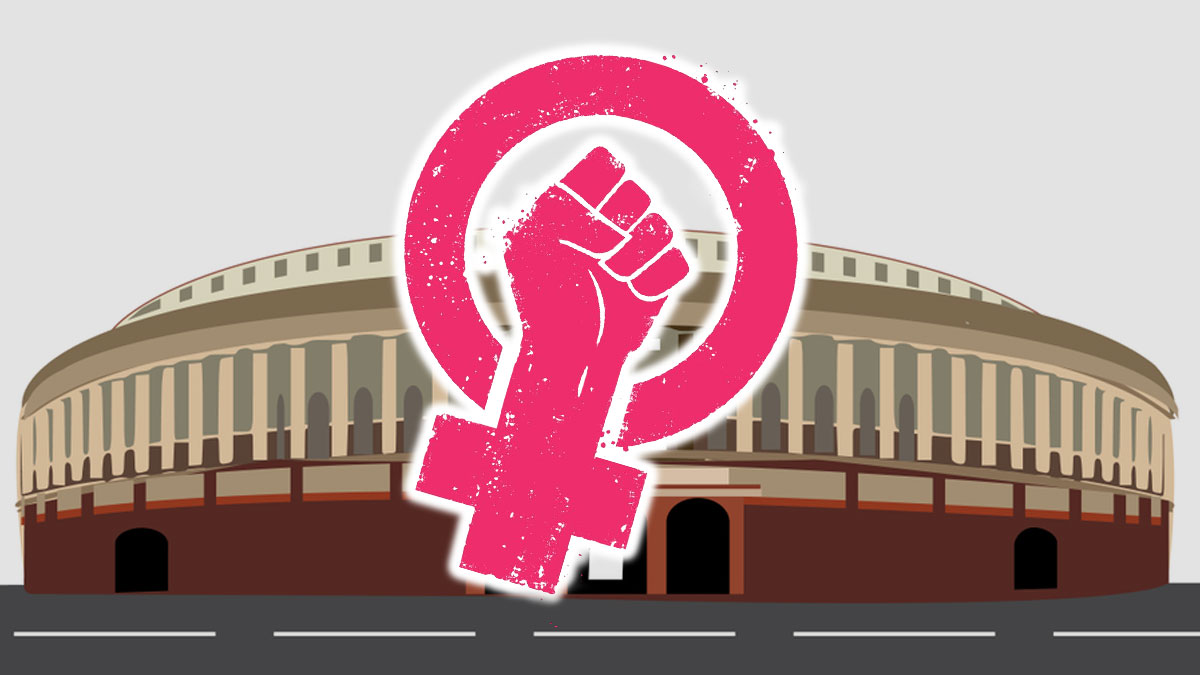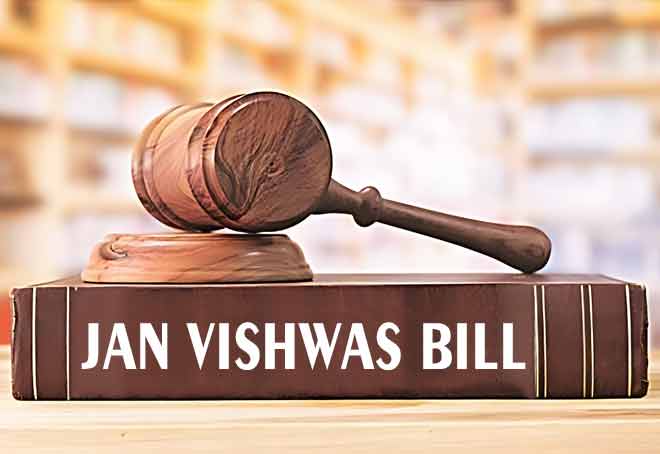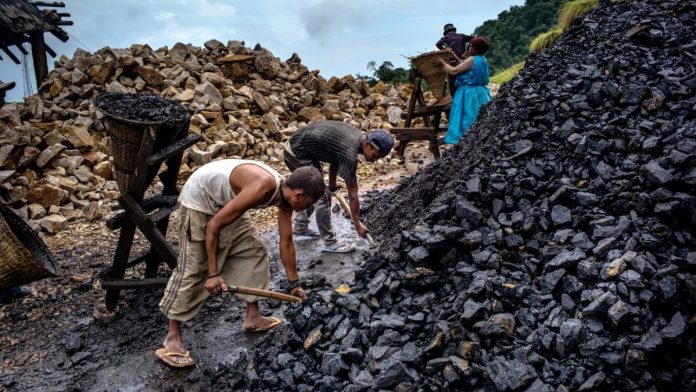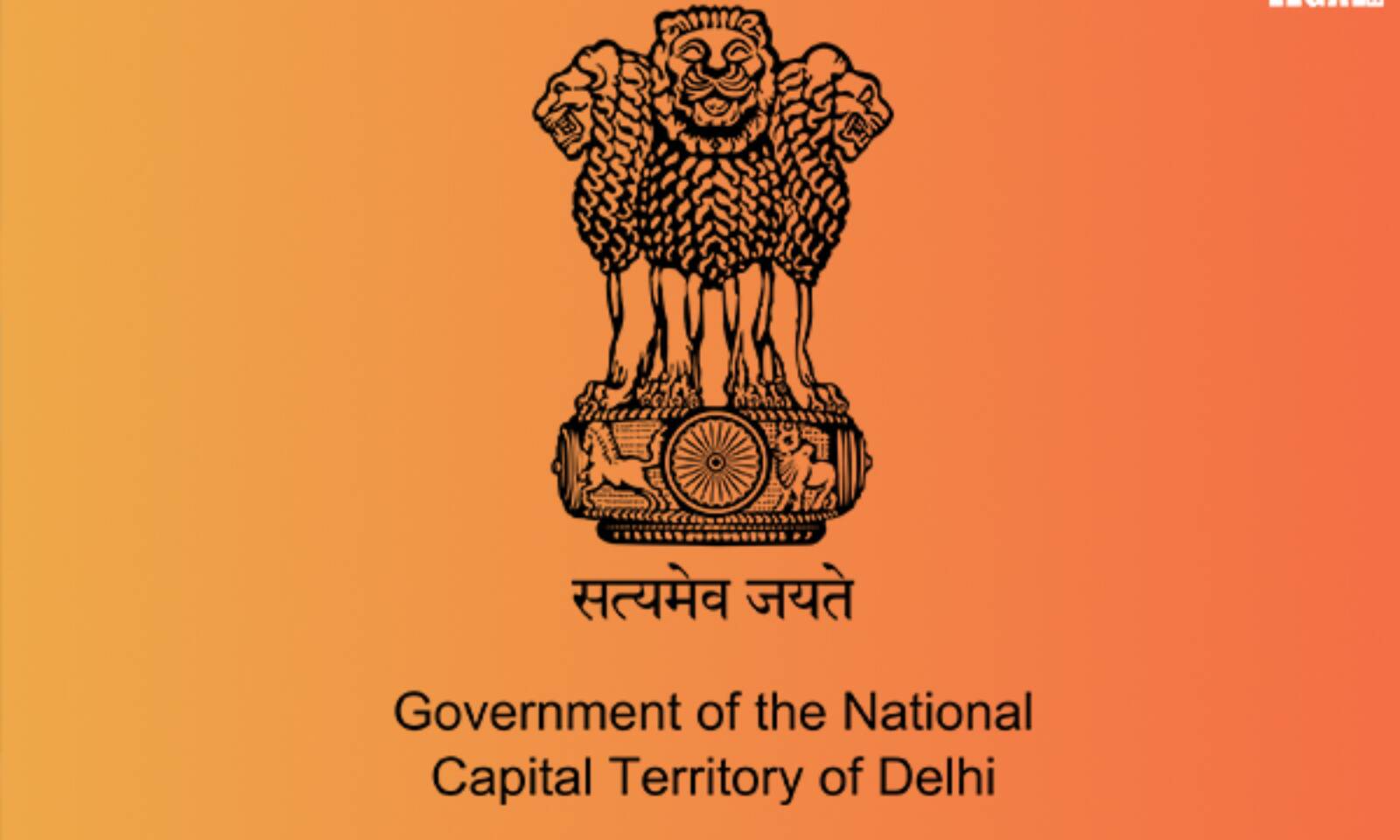Analysis of The Constitution (Jammu and Kashmir) Scheduled Tribes Order (Amendment) Bill, 2023
The Constitution defines Scheduled Tribes under Article 366 (25) as tribes or tribal communities
deemed to be Scheduled Tribes under Article 342. Article 342 empowers the President, after
consultation with the Governor, to specify tribes or tribal communities as Scheduled Tribes
through public notification for a particular State or Union territory. Parliament, through law, can
include or exclude tribes from this list.1 The initial list of Scheduled Tribes was notified in 1950
and has been modified over time.

